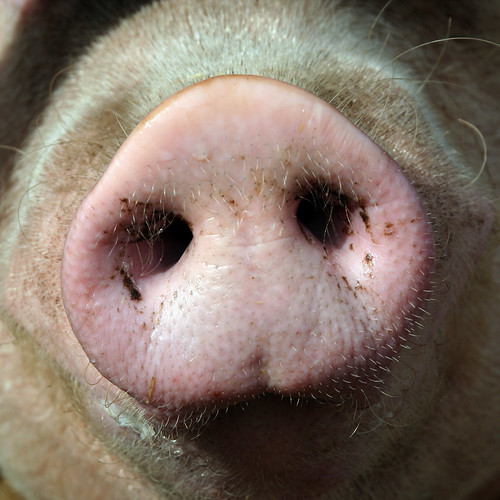 I’m going to start by saying the “answer” I give to solving this riddle, is quite real, but is not easy. I don’t claim there is but one answer, but it is surprising how transforming this surprising tact can be. This situation might be like telling a person what they need to stay fit. Once they have the information, it doesn’t mean it will happen. It doesn’t mean transformation to fitness will take place. It only means, if they truly put the information into practice regularly, will they see true change and results. I also offer that just as in fitness, results do not happen in a day, a week, or a month. It is more of a lifestyle. Change and “state of fitness” happens over a period of time–like a journey. The same is true for what I share with you.
I’m going to start by saying the “answer” I give to solving this riddle, is quite real, but is not easy. I don’t claim there is but one answer, but it is surprising how transforming this surprising tact can be. This situation might be like telling a person what they need to stay fit. Once they have the information, it doesn’t mean it will happen. It doesn’t mean transformation to fitness will take place. It only means, if they truly put the information into practice regularly, will they see true change and results. I also offer that just as in fitness, results do not happen in a day, a week, or a month. It is more of a lifestyle. Change and “state of fitness” happens over a period of time–like a journey. The same is true for what I share with you.
I have often heard questions like, “How can I help my self-esteem and low self-worth?” What most people fail to realize is the truly universal problem a low view of self is. People may see others as confident, and assume they don’t have many doubts, or that others aren’t really acting out of a place of a compromised view of self. I venture to guess many bad decisions we make, and possibly most destructive behaviors come from an attitude, or some form of self-loathing. Yes, it’s a real problem, and a big one.
In most primary education schools, the big push is to raise self-esteem in hopes that a better views of self will generate more socially appropriate behavior, and ethically developed character. The teaching goes something like, “Kids, remember, this in your mind when you take a test. Cheating on a test will make me feel bad about my self.”
This reveals the anthropocentrism (human development-centered) of our efforts to both fix our problem of poor self-image, and to make ethical decisions based our our view of the world from a decidedly human perspective. In both cases we are helpless–stuck making very little ground. Or, the progress made is inconsistent, and can fluctuate based on our particular selfish motives, and short-sighted view at that moment of our ethical choice.
Strangely enough, we cannot start with thinking about ourselves to reclaim our value, or raise our poor self-esteem. For that, we must thrust our focus away from the defect, to the Standard, the Creator, and work from the Source, or the Top down. It might seem counter-intuitive to not think of yourself when you are attempting to better yourself, and that not entirely what I propose. I propose that we allow God to be the source of our esteem, and the foundation of our value.
The best way I have found to help me in this area–to increase my fitness–if you will, is to thoroughly enjoy God in worship. In him we live and move and have our being. This is no small idea. This is another way to frame Reality. (I believe it is the way the Bible offers it to us.) It starts with God, and adds us into the picture as part of God’s supporting cast, rather than us as the star of the show. In reality, life is a Story about God, and his love and enjoyment of us. And then our response to him. Often, we live out of the premise that life, as author Donald Miller has said it seems, “…like a movie about me, and I can prove it because I’m in every scene.”
One of the greatest benefits to adjusting (or I should say re-adjusting) to a theo-centric worldview, is that the pressure for defining self, and for generating self-esteem is not our task any longer. The pressure is off. Our worth is in our God who loves us and made us, and gave all to save us, so we could be healed, and restored. So, we are brought back to rightly, and happily living, and loving him and others again. And we also have the hope of the restored world beyond this one, in which the problems, injustice, and turmoil we cannot fix will be made good and right. This is God’s promise, and it rests in his perfect nature–which must be all-good, and all-just. God is our hope of hopes, both now and in times to come. Though this truth is not completely fathomable, it is knowable because we can sketch the contour of a perfect God, who created us, and is, in fact, not a part of our world and lives, but indeed, the very center of Reality.
This topic makes a great small group discussion that can promote spiritual introspection and growth. Use this post to generate an interesting discussion by sending a few friends here to read this post, and then chat about it together. (Also pastry and coffee helps the experience. I’ve tested it out!) Please weigh-in with some of the thoughts you came up with while you were together.
And if you can, please list a suggestion/s for worship. Thank you for reading.


